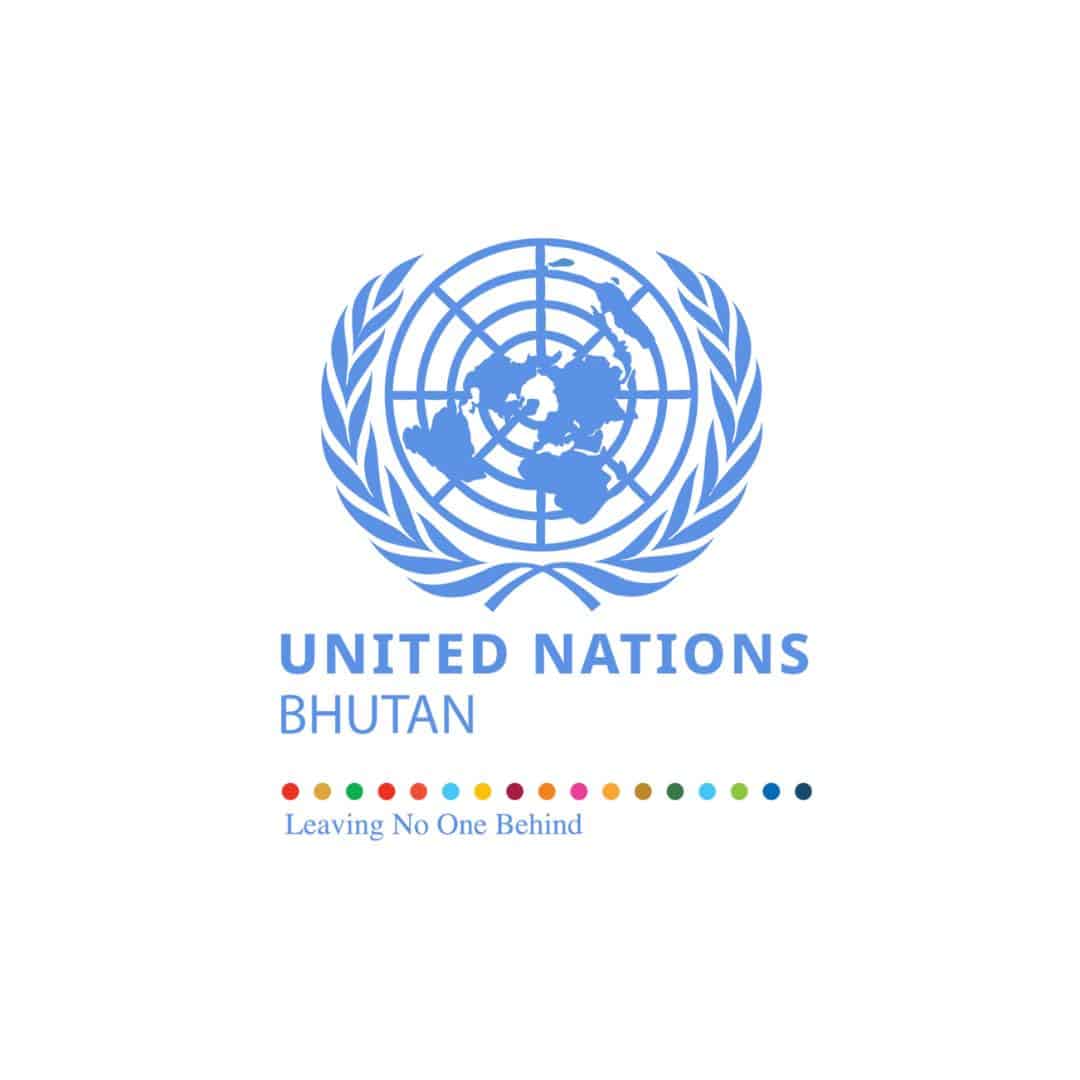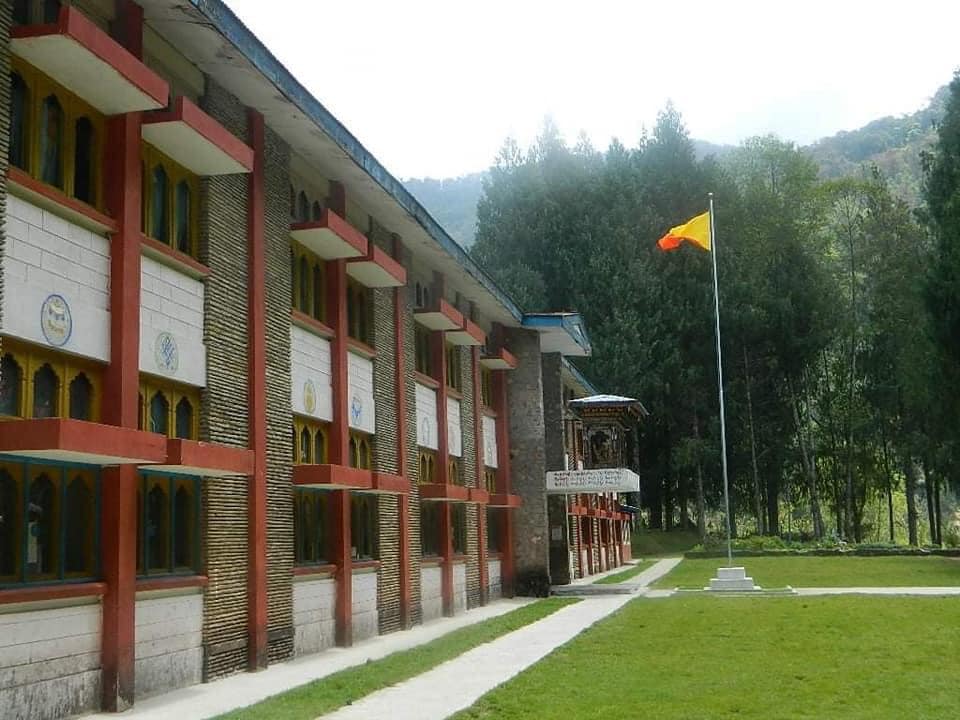The government relaxing Covid-19 restrictions has already started offering a glimmer of hope for those in the construction sector
The everyday rise in the prices of construction materials may not be something the government can solve, but the government relaxing the Covid-19 restrictions has at least allowed most construction works to continue for now.
The Executive Director of the Construction Association of Bhutan (CAB), Tshering Yonten said the present situation is far better than what it was a month or two ago.
“We were fighting a lot of fights in the forms of never stopping rise in the construction materials, the stoppage on the import of foreign laborers, which was the main cause of labor shortage in the market, and the procuring agencies pressurizing the contractors to complete the works and the charges of the quarantine,” he said.
However, with the government slowly doing away with Covid restrictions, some contractors have gained faith and resumed their works.
A Thimphu city resident, Pema Dori, who is building a residential house in Babesa, said the construction of his building stopped in 2019 due to various factors, such as the Covid-19 pandemic and high costs escalation.
However, with the relaxation of the protocols and the resumption of the import of foreign laborers, he is hopeful that his building will now be complete in a few months as the works have been resumed and are in full swing.
Pema Dorji imported about 20 laborers to resume his house construction. If he had imported the laborers a month before, it would have cost him around Nu 315,000. But now that the quarantine duration is reduced from 21 to five days, he spent around Nu 75,000 for the quarantine charges and for the RT-PCR tests.
“The shortening of the quarantine period has aided us significantly,” he said.
Another contractor in the Taba, who imported around 10 to 15 laborers recently, said importing laborers has become much more convenient now that the quarantine duration has been decreased.
While he had a few Bhutanese workers, who were mostly laid-off overseas returnees, he added that they had returned to their prior jobs.
Tshering Yonten also admitted that the fees they pay for laborers’ quarantine have decreased, while it has not been the case so with the prices of building materials.
“There is hope that the government will soon abolish all restrictions, including the five-day quarantine period, and that the industry would be relatively unaffected except for the cost of construction materials,” he added.
Meanwhile, the construction industry was in the midst of its worst recession in a decade and most major firms were worried that the market will not come out of its slump anytime soon due to the ever rising construction materials cost, the high expense of quarantine charge for imported laborers and then the shortage of foreign laborers in the country.
However, with the Prime Minister’s Office (PMO) announcing further relaxations and bringing down the quarantine period to five days for international travelers, many contractors have already started to bring in adequate foreign laborers to resume the many construction works that were affected and brought to a halt by the Covid-19 pandemic.
Those in the construction sector say that everything is appearing to be returning to normal and that one of the most pressing challenges at the moment is cost growth of construction.
Tshering Pelden from Thimphu















